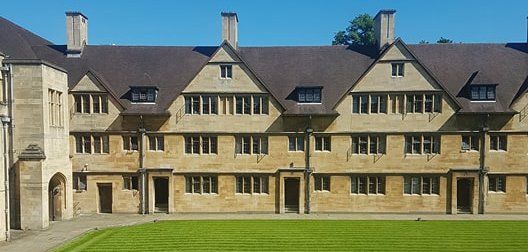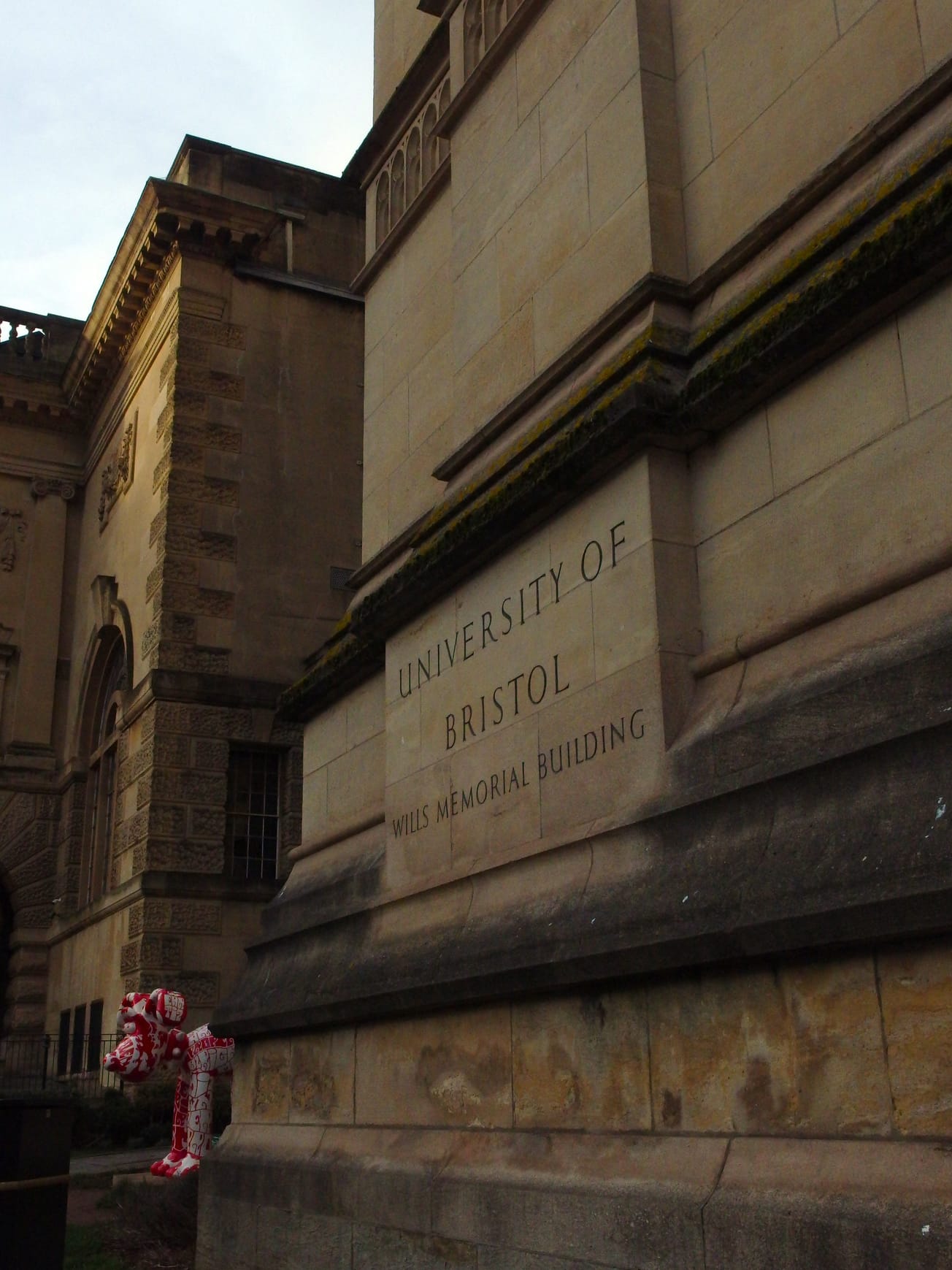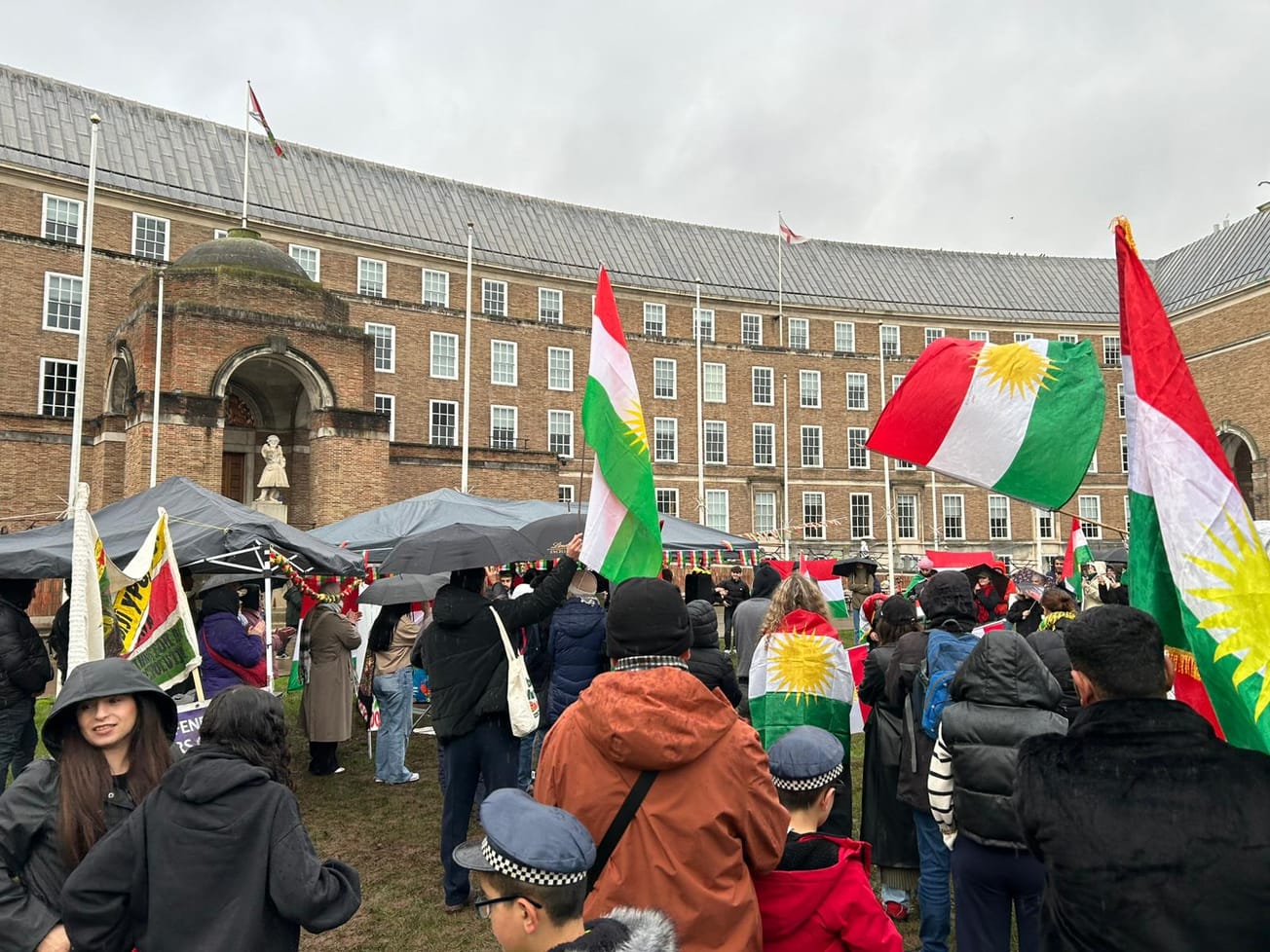The University has revealed the newest and final revision of the Residential Life Service Model, which they say is characterised by its ‘whole institution approach’ rather than being residences or halls-based.
Vice-Chancellor Hugh Brady told Epigram in an interview that the new model does not ‘start from scratch’ but rather combines what the University does well already and what needs a ‘radical overhaul’. The new model has already faced criticism by Keep Our Communities (KOC), the student-led organisation protesting the changes, who argue the changes 'will result in a chaotic implementation which will see future students suffer.'
The previous proposed model, released on the 18th of December, faced major opposition from staff, students and alumni, around three major criticisms: it lacked sufficient wellbeing support with fewer people ‘on hand’; it removed the ‘community feel’ from residences; and it existed mainly as a money-saving device. Brady argues that all three of these problems have been solved in the new model, which he said is an opportunity for a ‘new Bristol’, while KOC argue the changes represent the University’s ‘lip service to some of the responses of students and staff’ and opposition to a hub-based system ‘has been completely ignored’.
In a letter introducing the changes, Brady said the priority of the new model was to provide ‘consistent, high-quality, 24/7/365 support for inclusive community building and student wellbeing’.
He recognised that in 10 years there has been a two to three-fold increase in referrals to the counselling service, and said the University realised it could not ‘carry on with the same model and expect a different result’.
Following the news that the University of Bristol may lose millions in lost legacies due to changes to the pastoral provision in halls, what actually is the proposed model and why is it so controversial?https://t.co/TXugPt0BIa pic.twitter.com/lrUuU0kDMx
— Epigram (@EpigramPaper) January 28, 2018
In our interview, Brady used a healthcare analogy to explain that this model will encourage ‘early identification’ of any student problems (especially those concerning mental wellbeing) as there will be ‘more people who are trained to recognise the early signs’. They say they will also encourage student initiatives to ‘complement’ the model and involve students in the process of discovering the ‘early signs’.
The model is now ‘completely divorced from rent prices’ as the University responded to feedback that called for investment rather than saving. Costing £2.9 million (compared to the £2.6 million current model), Brady argues it will now be one of the highest investments in such a system in the country.
According to the University, the ‘whole institution approach’ means that every part of the system will now be more linked than before, with new roles like ‘Senior Academic Tutors’ covering the crossover between wellbeing and academia. KOC maintain that the changes are the result of ‘poor research’ and as ‘no risk analysis has been completed, extensive holes remain in their plans.’
Key elements of the revised model include:
- Still a ‘hub-based model’, but 'hubs' changed to ‘Residential Villages’
- The 3 villages will comprise of Stoke Bishop, Clifton and City Centre residences respectively, with a fourth planned for Temple Quarter Enterprise Campus
- Wardens and Deputy Wardens to be removed (no change from initial proposed model)
- A Head and Deputy Head of Residential Life based in each village
- To manage 24/7 pastoral care, community building, events and activities
- Doubles the proposed number of Senior Residents- from 54 in the original proposed model to 120 (96 Senior Residents and 24 Chief Residents). Currently, there are 150 across halls so the revised model still sees an overall reduction in Senior Residents
- Changing name from Residential Life Mentors back to Senior Residents
- Ratio of Senior Residents to residents changed from 1:100 in original proposal to 1:50 in revised model
- Distribution of SRs across residences will depend on size of each hall
- Introduction of a Chief Resident
- A competitive position, modelled on American universities, to be filled by a Postgraduate student
- To liaise with rest of team on pastoral and academic issues
- At least one per residence
- Will oversee Senior Residents
- Introduction of a Senior Academic Tutor
- One per village
- To support students academically
- Will have regular office hours, including early mornings, evenings and occasional weekends
- Introduction of a Residential Experience Coordinator
- In charge of links between JCRs, Residential Life Teams, Bristol SU and Sport, Exercise and Health
- Increased number of Residential Life Advisors
- 7-8 per village, live-in (as opposed to 15 across all villages in initial model, and around 14 overall in current provision)
- According to Brady, it is their ‘job to be out and about across halls of residences’
- Responsible for delivery of care and community building
- Future of JCRs and Alumni Associations secured
- Residential Life Advisory committee
- To replace current Hall Advisory committees
- To advise on community building and student wellbeing
- Introduction of an Advisory Group of external experts in student support and wellbeing
- To advise on implementation and monitoring of model
In terms of training, the University say many of the new staff will have backgrounds in pastoral care, young people, and mental health. They will receive induction training and ongoing training thereafter to 'maintain consistency throughout the University' and ensure that all students are receiving equal support.
When asked about the extensive opposition the initial review has received, Brady told Epigram that he valued the constructive and concrete suggestions provided by students. Brady said that he received copious feedback, ‘all of which I read’, and has listened. The University has said that between 13 December 2017 and 9 February 2018, they received 290 responses from 422 staff, students, alumni and other stakeholders as part of a consultation held on the initial review.
Following the Residences Review Referendum, SU officers publish open letter to Vice-Chancellor about new pastoral support in halls https://t.co/bbrpGtPn57 pic.twitter.com/Pb3qYOWUMg
— Epigram (@EpigramPaper) February 16, 2018
They expect little opposition to the new model, saying that ‘any reasonable person looking at it would think positively in terms of investment, people on the ground, the balance between pastoral care and community making and the balance between what students have said and [the] University’s needs’.
Despite this confidence, Keep Our Communities, the student-led group protesting the changes, has responded to the new model:
'Last week, 92.1% of voting students rejected any model for residences which would eliminate pastoral teams in Halls. This has been completely ignored by the Vice-Chancellor and those responsible for the latest iteration of the proposed model.
‘It is clear that the Vice-Chancellor continues to underestimate the role of Wardens, Deputy Wardens (DWs) and Student Support Advisors (SSAs) in supporting students and building communities. During the course of our campaign, many students spoke up about the crucial work they do, with one even stating: “Were it not for a woman sitting in this room, I would not be standing here today.”
‘After encouraging professors to get more involved in Hall life several years ago, which resulted in 9 academics being appointed as Wardens, the University is now completely backtracking and ejecting all but 3 of them.
‘Additionally, the proposed model crucially fails to address how Senior Residents (SRs) will have the time to engage in community building activities and fulfil their pastoral care duties whilst on a shift-based system, working approximately 10 hours per week. This problem becomes even more profound given that the final tally of SRs in the revised model remains vastly inadequate.
‘Although the University has done lip service to some of the responses of students and staff, it remains the case that poor research has been conducted, no risk analysis has been completed, extensive holes remain in their plans, and the whole model is to be rushed through by September. It is baffling how a change of this scale has not been more rigorously evidenced. Their haste will result in a chaotic implementation which will see future students suffer.’
Voting is now open for the Residences Review Referendum. It will close at 9pm on Wednesday 14th February.
— Epigram (@EpigramPaper) February 12, 2018
Cast your vote here: https://t.co/5NgBcO4xZohttps://t.co/tBe8eC5KUlhttps://t.co/0CSRmzwuVp pic.twitter.com/eDWFRntlpd
Replying to a question about how the SU referendum may impact the model’s implementation, organised by Keep Our Communities to determine an official SU position on any future hub-based model, Brady, asking for the changes to be seen as part of 'a whole institution approach', replied: ‘What is a hub-based model, and why have a referendum on a draft proposal?’
The SU have released a statement on the new model:
'We welcome the University's efforts to address some of the issues raised around the initial proposal regarding ratios of students and staff, retention of the senior resident role, inclusion of academic staff in residences, and retention of hall based JCRs.
'However, they have not recognised that students voted overwhelmingly against a model that manages pastoral support in clusters, under any name. We therefore, as a Students' Union, oppose the revised model and we call on the University to remove those aspects which our students have rejected so strongly and continue to reject.'
The University believes this is a ‘sector-leading’ model, and Brady told Epigram: ‘I can put my hand on my heart and say this will be noticed by other universities’, citing the level of investment and the employment of on-duty professional services staff as explanations.
Despite much doubt from critics about the feasibility of implementing a new model so quickly, Brady was confident it would be ready by September. There will be a transitional period until then, including recruitment and selecting the members of the Expert Advisory Group, but no further consultation from staff and students on the overall model will be undertaken.
Hugh Brady is set to host an open meeting is set to be held in Wills Memorial Building today 5-6pm to introduce the changes. Book in here.
Featured Image: Epigram / Alexia Kirov
By Alex Boulton and Noa Leach








